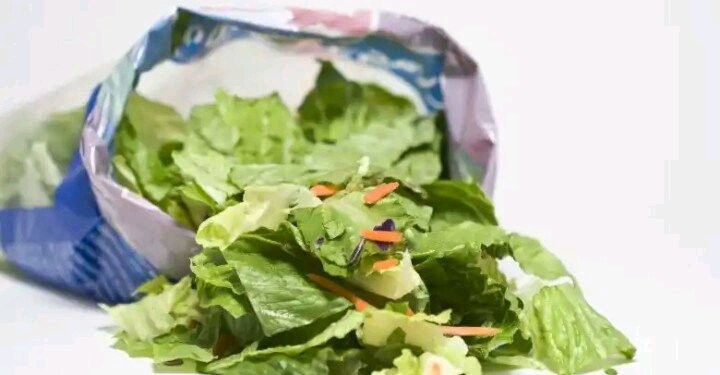Washing food before preparing it is widely regarded as the most effective way to get rid of microorganisms. Nonetheless, according to the US Division of Agribusiness, training isn’t always required.
This is a list of six food items that should never be washed in the kitchen. The following is a list of them:
1. Poultry and fish
“You’re likely to spread bacteria all over your kitchen, including clean surfaces like ledges, by sprinkling and dribbling raw chicken in the sink,” said Eric Sieden, director of nutrition and food services at the Glen Bay, Plainview, and Syosset medical clinics in New York.
Also relevant to fish is this standard. Cooking any small creatures, whether they’re chicken or fish, is the most effective approach to get rid of them.
2. Meat in a reddish-brown color.
Cleaning red meat, like washing chicken or fish, adds moisture to the flesh, which increases the danger of bacteria spreading.
“The extra moisture produced during washing creates steam, which affects taste,” Sieden explained.
3. Salads and pre-washed produce
There is no compelling reason to wash a bundled serving of mixed greens marked pre-washed or triple-washed once again.
Aside from conserving water, keeping bundled greens away from the sink reduces the risk of cross-contamination from other foods.
4. Mushrooms
“Most culinary experts will tell you not to soak or wash mushrooms; instead, wipe them clean with a moist paper towel because mushrooms absorb water like a wipe,” Sieden explained.
Because of the extreme retentive nature of mushrooms, exposing them to water for an extended period of time can produce a change in flavor, causing them to become saturated and rubbery.
5. Eggs
Even though washing eggs before cooking them is typical practice, it may have an impact on the common covering on eggs that prevents tiny organisms from piercing the shell.
Washing eggs removes the coating, making the skin more vulnerable to the spread of bacteria.
6. Pasta
Pasta is another food item that should not be cleaned before cooking. Washing spaghetti, like any other type of pasta, removes the starch that helps hold the sauce together.

 Health1 week ago
Health1 week ago
 Latest7 days ago
Latest7 days ago
 News1 week ago
News1 week ago
 Business6 days ago
Business6 days ago
 Business1 week ago
Business1 week ago
 Football1 week ago
Football1 week ago
 Business1 week ago
Business1 week ago
 Business7 days ago
Business7 days ago

